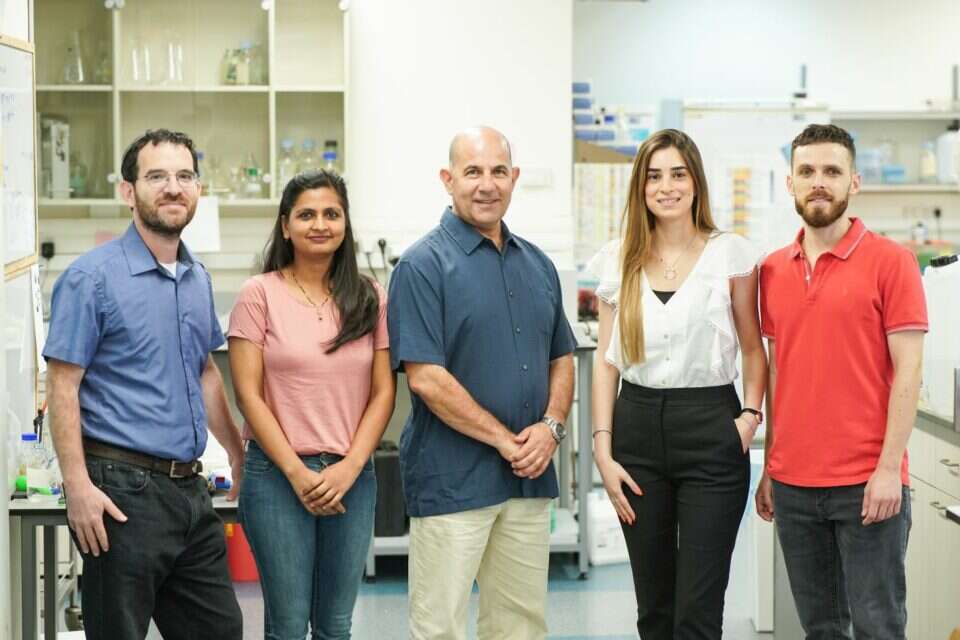The corona plague that has swept the world over the past year has confirmed what we have always known: the adult population is vulnerable and weaker than the young population.
This fact was manifested not only in more severe morbidity and higher mortality, even the responses to the corona virus vaccine were weaker among the elderly and lasted a shorter time.
why?
Researchers at the Technion are now presenting new and surprising findings regarding the aging process of the immune system.
Dr. Rim Dwiri, under the guidance of Prof. Doron Melamed of the Rappaport Faculty of Medicine, found an answer to this question.
In an article published in the journal Blood, she explains how the aging mechanism of the components of the immune system works and, moreover, shows ways to "stimulate" it in the older person so that she responds better to new threats.
The present study focused on B cells, which are responsible for the production of antibodies against pathogens (pathogens such as bacteria and viruses).
When these cells are exposed to a new pathogen, which is unfamiliar to them, they differentiate and become memory cells - life-prolonging cells, which preserve the immune memory over time.
When the body is again exposed to the same pathogen, the memory cells will recognize it and respond quickly and powerfully.
In fact, the vaccines given to us today are designed to achieve a similar effect - to produce an immune memory similar to that produced by exposure to the relevant pathogen.
We now know that the formation of B cells in the older person is not as effective as at a young age, and as a result, the older person is more exposed to pathogens - especially new pathogens like the corona virus.
Now, in an article in the journal Blood, Dr. Dwyer and Prof. Melamed explain the mechanism that causes this decline in the immune system.
Prof. Doron Melamed (right) and Dr. Rim Dwiri, Nitzan Zohar, Technion Spokeswoman
Technion researchers have found that, like all body systems, the immune system works to maintain homeostasis - that is, a stable and balanced state.
They show in their work that as part of the homeostatic process, old memory cells inhibit the formation of young B cells.
As a result, the adult's immune system has difficulty recognizing and dealing with new threats such as the corona virus.
For this very reason, the effectiveness of vaccines in protecting against new pathogens is not so high among older people.
Following the new findings, the researchers decided to test whether the wheel could be reversed, meaning to restore to the older immune system the ability to detect new pathogens and act against them.
In collaboration with the departments of rheumatology and hematology at the Rambam Medical Campus and the Sourasky Medical Center in Tel Aviv (Ichilov), they examined this possibility in mice and humans.
Technion researchers have shown that by diluting the population of old memory cells, the hormonal pathway leading to the production of new B cells is reactivated.
In older people this process has led to the restoration of the immune system and the creation of young B cells that are able to detect new pathogens and act against them similar to the immune system of a young person.
According to Prof. Melamed, "We believe that our findings pave the way for new understandings of the aging process in the immune system. Equally important, in terms of application, it may be possible to lead, by intervening in the hormonal pathway we have found, to produce young B cells in older people. Health, too. "

